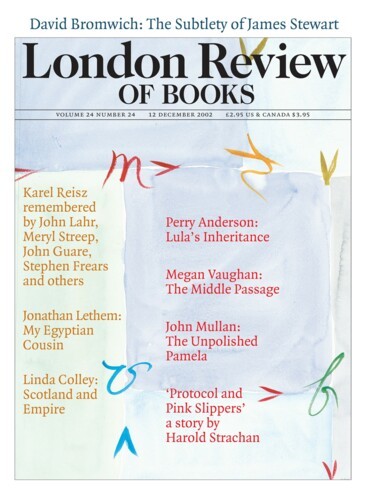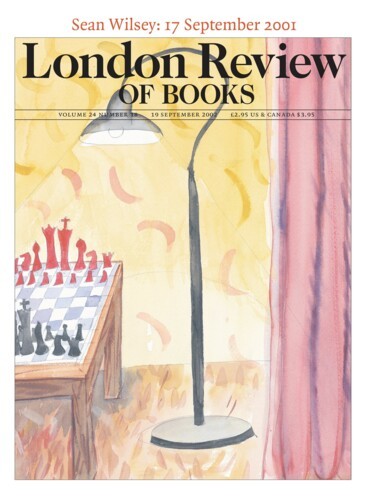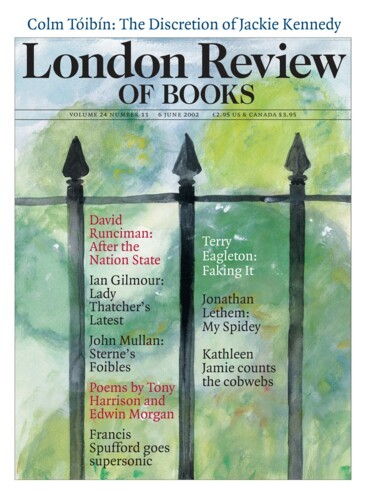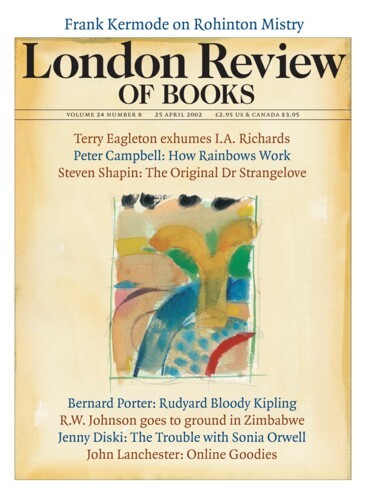Kettles boil, classes struggle: Lukács recants
Terry Eagleton, 20 February 2003
Changing the world involves a curious kind of doublethink. If we are to act effectively, the mind must buckle itself austerely to the actual, in the belief that knowing the situation for what it is is the source of all moral and political wisdom. The only trouble is that such knowledge is also desperately hard to come by, and perhaps unattainable in any complete sense. The difficulty is not...





